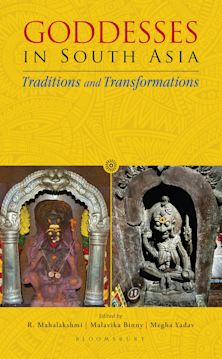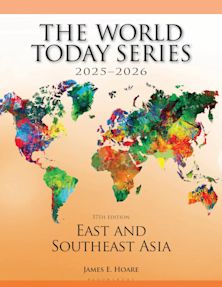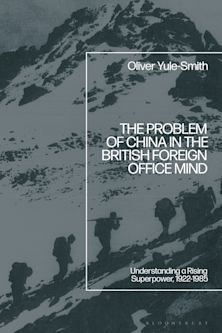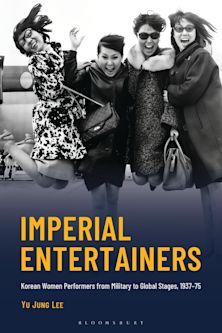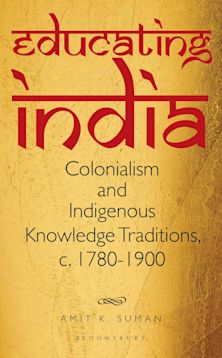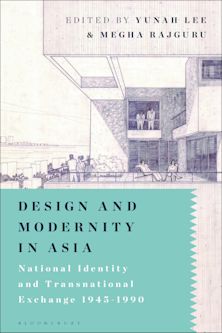Zen Terror in Prewar Japan
Portrait of an Assassin
Zen Terror in Prewar Japan
Portrait of an Assassin
This product is usually dispatched within 2-4 weeks
- Delivery and returns info
-
Flat rate of $10.00 for shipping anywhere in Australia
Description
Written by a Zen priest, this book explodes the myth of Zen Buddhism as a peaceful religion.
Can Buddhism, widely regarded as a religion of peace, also contribute to acts of terrorism? Through an insider’s view of right-wing ultranationalism in prewar Japan, this powerful book follows a band of Zen Buddhist–trained adherents who ardently believed so. Brian Victoria, himself a Zen priest, tells the story of a group of terrorists who were responsible for the assassination of three leading political and economic figures in 1932.
Victoria provides a detailed introduction to the religious as well as political significance of the group’s terrorist beliefs and acts, focusing especially on the life and times of the band’s leader, Inoue Nissho. A deeply troubled youth, Inoue became a spy in Manchuria for the Japanese Army in 1909, where he encountered Zen for the first time. When he returned to Japan in 1921, he determined to resolve his deep spiritual discontent through meditation practice, which culminated in an enlightenment experience that resolved his long-term doubts.After engaging in “post-enlightenment training” under the guidance of Rinzai Zen master Yamamoto Gempo, Inoue began a program of training the “patriotic youth” who formed the nucleus of his terrorist band.
After the assassinations, Inoue and his band were sentenced to life imprisonment, only to be released just a few years later in 1940. Almost unbelievably, Inoue then became the live-in confidant of Prime Minister Konoe Fumimaro, a position he held through the end of WWII. In the postwar era, Inoue reinvented himself again as the founder and head of yet another band of ultranationalists known as the “National Protection Corps.” His eventful life came to an end in 1967.
Victoria concludes with an assessment of the profound impact of the assassinations, which culminated in Japan’s transformation into a totalitarian state and set the stage for Pearl Harbor. The author also examines the connection of Buddhism to terrorism more broadly, considering the implications for today’s Islamic-related terrorism.
Table of Contents
Foreword by James Mark Shields
Preface
1 Introduction
2 Setting the Stage: Japan from the 1860s through the 1930s
3 A Troubled Youth
4 An Adventurer in China
5 Fighting in World War I
6 The Winding Road to Enlightenment
7 The Voice of Heaven
8 The Blood Oath Corps Incident
9 Patriots on Trial
10 Imprisonment: The Zen of Pasting Envelopes
11 From Prison Cell to Prime Minister’s Estate
12 An Ultranationalist in Postwar Japan
13 Unraveling the Historical Matrix
14 Unraveling the Religious Matrix
15 Trilogy Conclusion
Epilogue
Appendix 1: The Assassination of General Nagata Tetsuzan
Appendix 2: Zen in the February 26, 1936, Incident
Appendix 3: Historical Background Materials
Notes
References
Index
About the Author
Product details
| Published | 14 Feb 2020 |
|---|---|
| Format | Hardback |
| Edition | 1st |
| Extent | 392 |
| ISBN | 9781538131664 |
| Imprint | Rowman & Littlefield |
| Illustrations | 32 b/w photos |
| Dimensions | 233 x 162 mm |
| Series | Asian Voices |
| Publisher | Bloomsbury Publishing |
Reviews

ONLINE RESOURCES
Bloomsbury Collections
This book is available on Bloomsbury Collections where your library has access.













